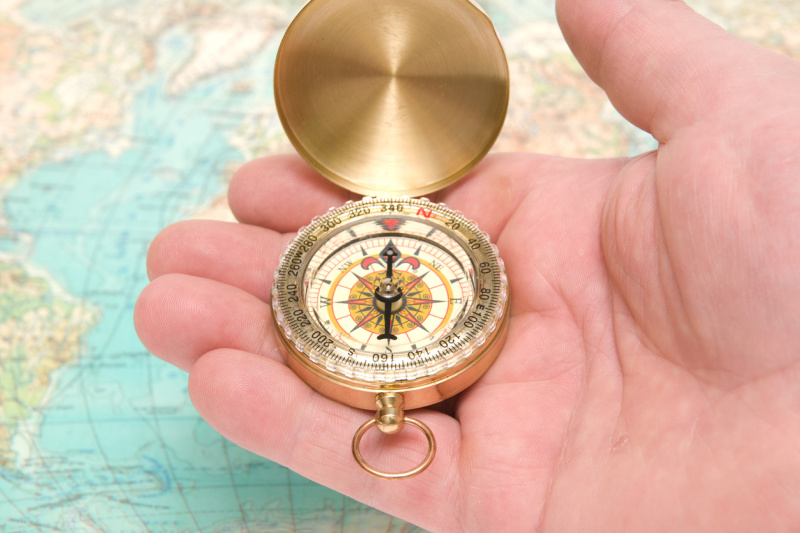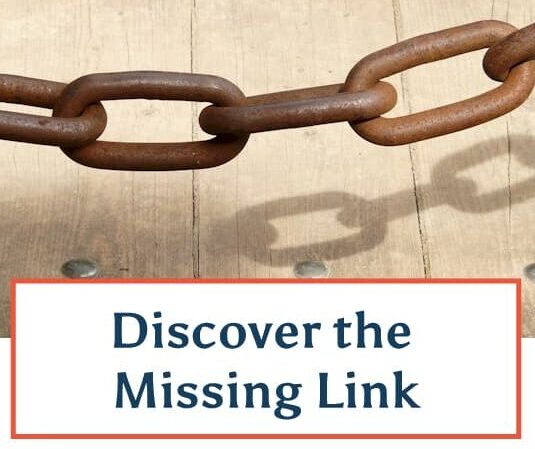When rethinking your business, you’re sometimes in a state of “not knowingness.” Questions swirl in your head:
- What do I want to become?
- What’s next for my business?
- What do my customers want?
- What’s the right path to take to reach my goals?
NOT having answers to these questions can make you feel restless, uncertain, and even fearful. But this state of not-knowingness is an important part of the cycle of business transformation, reinvention, and growth. Instead of jumping in to choose an answer — any answer — try finding comfort in this ambiguity.
Here’s why…
Sitting in the mystery of not-knowingness is a state of grace, a chance to ask all the important questions, a chance to reexamine your values and your personal goals as they relate to your business.
It also allows all sorts of creative ideas to percolate to the surface. If you jump into creating a definitive plan because you can’t stand to be in the not-knowingness, you’ll miss the opportunity for incredible options to come to your awareness.
People who can tolerate uncertainty can also tolerate risk better. Being calm and staying centered when you don’t know the answers to the big questions helps you develop other important skills, like dealing with chaos and conflict.
Here’s the trick…
The trick is deciphering whether you’re staying in not-knowingness because you haven’t explored all the creative opportunities yet, or whether you’re staying in not-knowingness because it means you don’t have to make a decision. You stay in not-knowingness because it’s safe there and you get stuck there for a long, long time.
If you can never come up with answers to the big questions or you resist making a decision on those answers, you’re stuck. And the best way I know to get unstuck is a two-step process:
- Deciding to decide – make a commitment that you’re going to do serious work on the not-knowingness and that you will choose from among the options you come up with.
- Get together with trusted friends and colleagues, tell them the big questions for which you don’t yet have an answer, and brainstorm together some possible ideas.
Learning to be okay with ambiguity and not-knowingness can be a great springboard for the future of your business. This moment holds immense possibilities for you to explore. But if you’re resisting the exploration or the making of decisions and taking action, get some help and support in the process.

 How Many Members Should Be in Mastermind Groups?
How Many Members Should Be in Mastermind Groups?

Oh, how I relate to the feelings you describe here. That not-knowingness coupled with an intense desire to make things happen is a very intense spot, indeed. I love your idea for pulling in friends and putting out to them the big questions for brainstorming and exploration. While I often consult with colleagues, I imagine a formal gathering would be really useful – and also provide the kind of supportive feeling we so need while we are in that uncomfortable not-knowingness.
Lovely post. Thank you.
Glad you liked the post, Michelle. Finding that balance point between willingness to explore the unknown and desire to take action is tricky, indeed. This is why I love my mastermind group — they let me explore the not-knowingness AND they call me on it when I spend all my time exploring and never make any decisions. 🙂 That’s why I created the Compass Workshop, to give people a more structured place to connect with colleagues and explore the unknown, plus get some action happening.
When I’m uncertain, my natural instinct is to either bail or get urgent. I’ve found decision making takes time and effort. Wisdom isn’t urgent.
I love your perspective; that is, seeing the uncertainty as value clarification, goal identification, and creativity invitation. This is true for me, when I put forth effort into taking the time to do the work, the thinking, the decision. If I rush it, I will bail or get in over my head.
Yes, we can’t rush this process or we’ll make poor decisions. I somethings think that people really hate to be in not-knowingness and will do anything to get out of it and feel certain again. That’s understandable, but oh the pain it causes later!